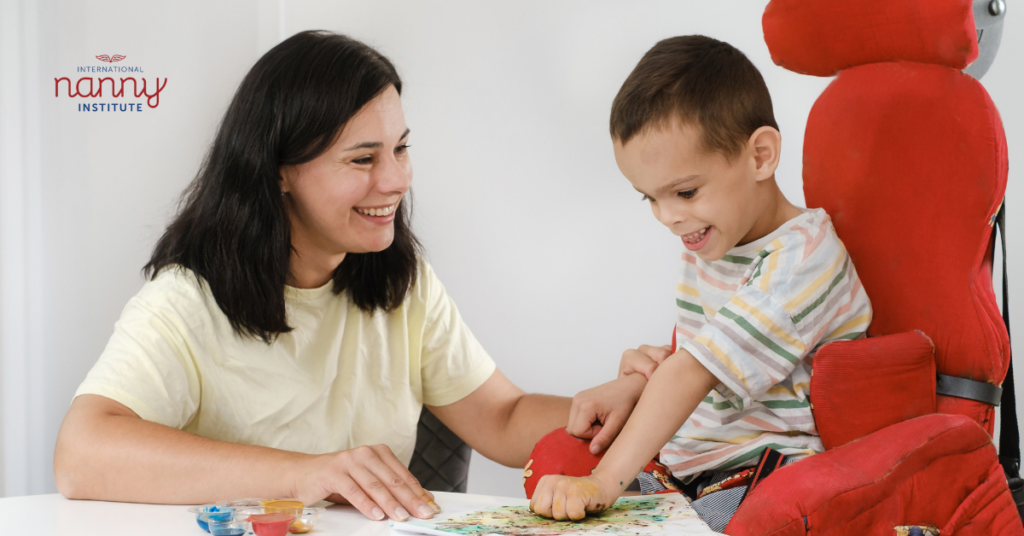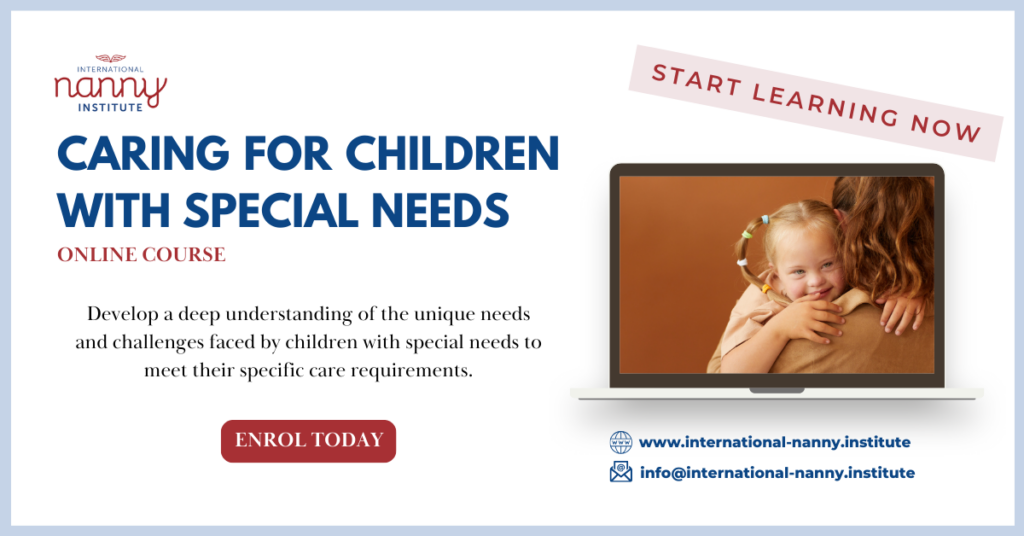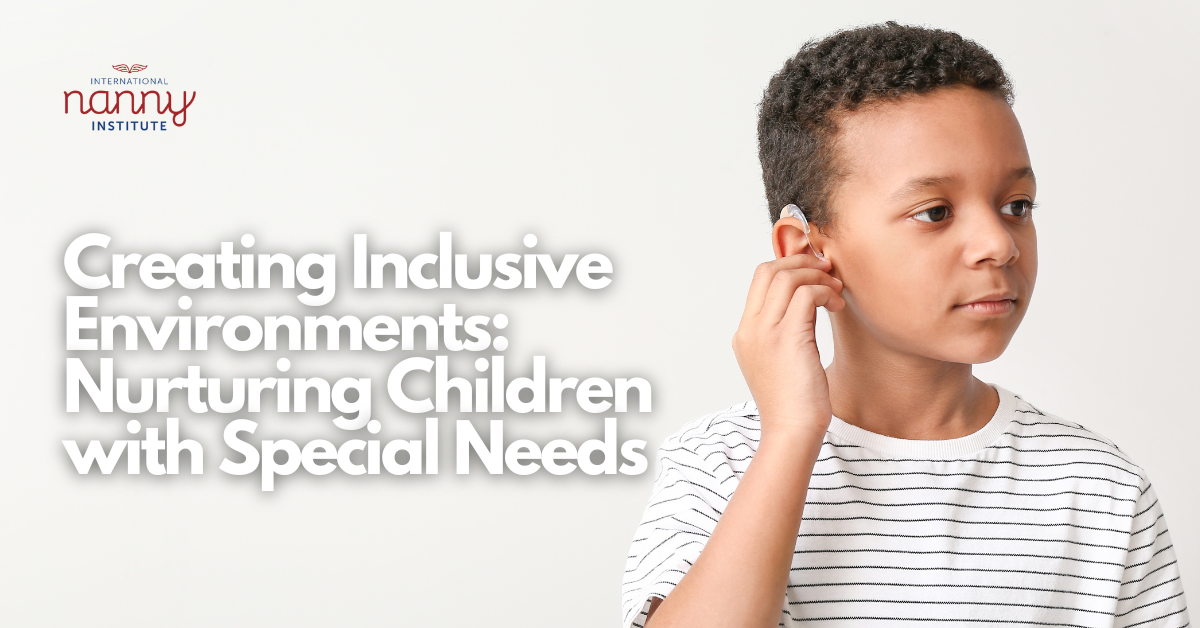Creating Inclusive Environments: Nurturing Children with Special Needs
As a compassionate caregiver, you recognise the importance of creating inclusive environments where every child feels valued, celebrated, and supported. When it comes to caring for children with special needs, establishing an inclusive environment is not just beneficial—it’s essential. In this blog post, we will explore the significance of inclusivity and provide practical tips on creating an inclusive environment that fosters growth, understanding, and a sense of belonging for children with special needs.

Embracing Diversity and Individuality
Inclusive environments celebrate diversity and recognise that every child is unique. Children with special needs possess their own set of strengths, challenges, and perspectives. By embracing their individuality, you can create an environment that appreciates and nurtures their distinct qualities. Encourage acceptance, teach tolerance, and foster an atmosphere where differences are not only acknowledged but valued.
Adapting Physical Spaces
Making physical spaces accessible and accommodating is a crucial aspect of inclusivity. Consider the specific needs of children with mobility challenges, sensory sensitivities, or other physical requirements. Ensure that the environment is safe, clutter-free, and conducive to the child’s comfort and engagement. Implement modifications such as ramps, sensory-friendly areas, and visual cues to enhance accessibility and promote independence.
Sensory Considerations
Children with special needs often experience sensory sensitivities or seek sensory stimulation in different ways. Designing an inclusive environment involves understanding and addressing these sensory needs. Provide a range of sensory experiences, such as quiet spaces for relaxation, tactile materials for exploration, and appropriate lighting and acoustics to minimise sensory overload. By creating a sensory-friendly environment, you can help children regulate their sensory experiences and feel more at ease.

Educating Peers and Building Empathy
Inclusive environments provide opportunities to educate peers about special needs and foster empathy and acceptance. Encourage open conversations about differences, dispel misconceptions, and promote understanding. Teach children about the unique strengths and challenges of their peers, fostering a sense of empathy and kindness. By nurturing a culture of acceptance, you can create an environment where all children thrive together.
Promoting Social Inclusion
Inclusive environments actively encourage social interaction and foster connections among all children. Design activities and play areas that promote cooperative play, peer interaction, and teamwork. Encourage communication and empathy-building exercises that foster understanding and acceptance among children. By fostering positive relationships and friendships, you pave the way for social growth and a sense of belonging for children with special needs.

Creating inclusive environments for children with special needs is a transformative endeavour that benefits not only the children themselves but also the entire community. By embracing diversity, adapting physical spaces, considering sensory needs, promoting social inclusion, and building empathy, you can create an environment where every child feels seen, valued, and empowered. Remember, fostering inclusivity is an ongoing journey. The small steps you take today can have a profound impact on the lives of children with special needs. Together, let’s create inclusive environments that celebrate diversity, nurture growth, and pave the way for a more inclusive future.

Enrolling in the International Nanny Institute’s course on Caring for Children with Special Needs is not just an investment in your professional development, but also a profound opportunity to make a lasting impact on the lives of these remarkable children. By joining this esteemed programme, you will embark on a transformative journey that will equip you with the knowledge, skills, and confidence to create inclusive environments and be a catalyst for positive change.








